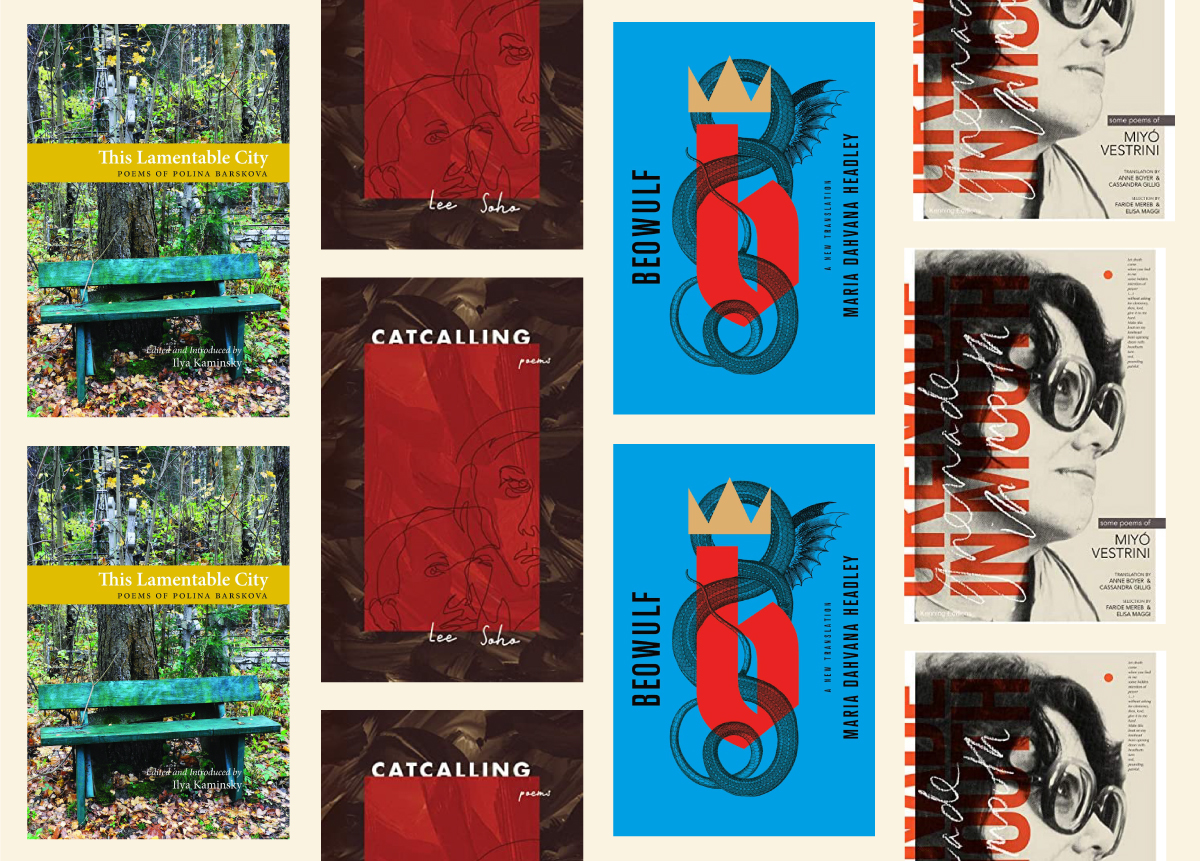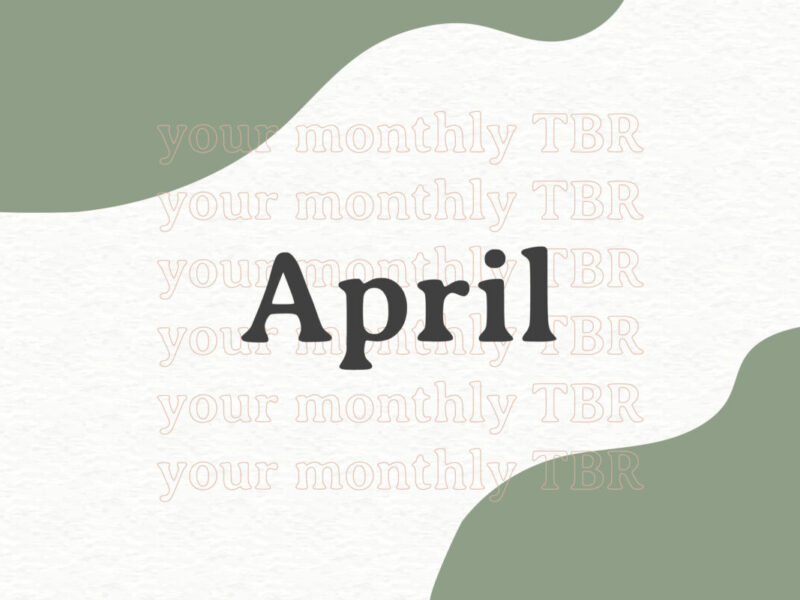4 Poetry Collections to Read in Translation
Poetry in translation can seem intimidating, but pushing past this initial reaction can help broaden your reading list, introduce you to new poetic traditions, and expose you to some of the most revered, fascinating collections. While poetry in translation has all the same artfulness and expertise as poetry in general—like incredible work with imagery and metaphor—it also involves added challenges and constraints that make it all the more remarkable. Translators, who are often also poets in their native language, must navigate how to preserve qualities like rhyme, meter, and syntax across languages, as well as confront specific colloquialisms and cultural references.
Due to the unique talent they involve, translated collections are also often part of their own category in book award listings, and some publishing imprints devote themselves wholly to this cross-lingual art form. If you’re wanting an introduction to poetry in translation, these four collections are a strong place to start.
1. Beowulf: A New Translation, translated by Maria Dahvana Headley
If you were an English major, chances are you probably read Beowulf, a famed old English text and one of the most impressive, sprawling examples of epic poetry. However, you’ve never read the literary classic quite like this—the long-awaited release, published in 2020, garnered reviews in NPR (with reviewer Jason Sheehan remarking, “You have to read it right now”) and in The New Yorker (with critic Ruth Franklin calling it “a Beowulf for our moment”). Maria Dahvana Headley, a queer feminist writer known for both dramatic writing and innovative fantasy writing, illuminates empowering feminist themes within this centuries-old poem, as well as infuses it with modern slang and references.
2. Grenade in Mouth: Some Poems of Miyó Vestrini, translated by Anne Boyer and Cassandra Gillig
Known as the Sylvia Plath of Venezuela—but darker and even more outspoken—confessional and political poet Miyó Vestrini comes to life in this translation by like-minded feminist poets Anne Boyer and Cassandra Gillig. Spanning some of her most notable poems, written between 1960 and 1990, the collection is a celebration of resilience, fierceness, and female rage. Vestrini’s wide-ranging, evocative poetry shows that it’s possible to speak out against dictators and confront ex-lovers within the very same collection, with the personal and the political deeply, necessarily intertwined.
3. Catcalling by Lee Soho, translated by Soje
Lee Soho, a Korean poet who won the prestigious Kim Su-young Literary Award, draws attention to the unfortunate universality of sexism and violence in her collection Catcalling. Praised by top poets like Diana Khoi Nguyen, Don Mee Choi, and Eloisa Amezcua, the book introduces readers to South Korea’s own #MeToo reckoning and connects this larger societal awakening to parallels in Soho’s own life. From conversations with men in her family to interactions with men on the street, Soho reflects on how sexism has come to define much of her life, as well as powerfully resists it.
4. This Lamentable City by Polina Barskova, translated by Ilya Kaminsky
Russian and English verses appear alongside each other in This Lamentable City, written by one of Russia’s most well-known women poets and translated by the award-winning Ilya Kaminsky. Kaminsky, known for his skillful and illuminating translations of Russian literature, always selects haunting, unforgettable works to bring to English-speaking readers, and This Lamentable City is no exception. Publisher’s Weekly notes it’s as if “the lines are being whispered in your ear,” making this an intimate, charged, and at times erotic collection to add to your shelf.
Happy reading!




